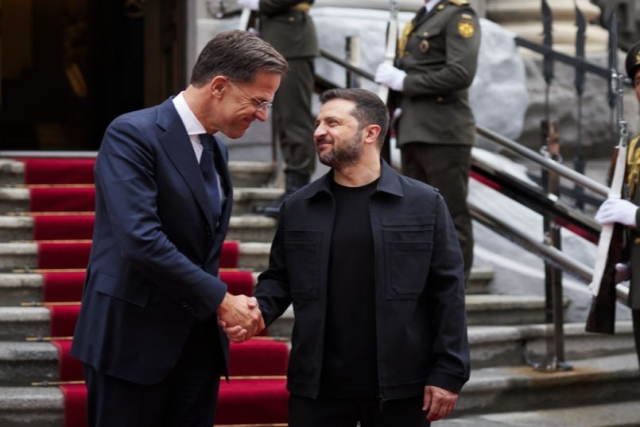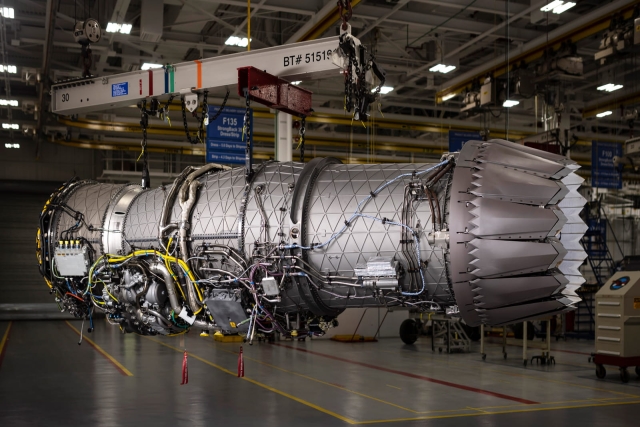Korea Aerospace Industries (KAI)
KAI is a South Korean aerospace company engaged in the design and manufacture of military and civilian aircraft, including trainers, fighters, and helicopters.
Poland’s FA-50 Jets Set for Combat Duty in 2026 as Training Accelerates
Polands Deputy Prime Minister and Minister of National Defense Władysław Kosiniak-Kamysz
South Korean Marine Attack Helicopter Completes First Live Fire Test
The Korean Defense Acquisition Program Administration (DAPA) successfully conducted three live-fire tests of machine guns and rockets recently to verify the attack capabilities of the Marine Attack Helicopter (MAH). This live-fire...
Hanwha, Korea Aerospace Sign $1.65B in KF-21 Contracts for Engines, 20 New
South Korea has approved a major step in its KF‑21 Boramae fighter jet program with fresh contracts worth a combined 2.22 trillion won (nearly $1
South Korea, Indonesia Revive KF-21 Jet Partnership at Indo Defence
The South Korean Defense Acquisition Program Administration (DAPA) has reaffirmed its defense industry partnership with Indonesia,
Korea Aerospace Sells 12 FA-50 Fighters to Philippines Worth $700 Million
The Korea Defense Acquisition Program Administration (DAPA) announced on Tuesday that an additional export contract for 12 FA-50 light attack aircraft was signed between the Philippine Department of...
Korean KF-21 Fighter jet's First Production Model Enters Final Assembly
The KF-21 Boramae fighter aircraft has officially entered its final assembly phase, the Korean Defense Acquisition Program Administration (DAPA) announced today. According to DAPA, this phase involves integrating all external...
Indonesia to Join Turkish KAAN Jet Project as Doubts Linger Over KF-21
Indonesia has expressed interest in joining Turkeys fifth-generation fighter jet program, KAAN, raising questions about its ongoing participation in the KF-21 project with South Korea. During a
South Korea Expands Surion Helicopter Development with Joint Consultative Body
South Korea has established an intergovernmental joint consultative body to coordinate the future development, acquisition, and operation of the KUH-1 Surion helicopter, with key ministries and agencies holding an inaugural...
Content currently not available for this country.
KAI Looks To East-South Asia, Middle East, Africa and South America For...
U.S. Turns Over Coast Guard Equipment to Philippines as Armed China Boats Close in on Disputed Shoal
The United States has reinforced its support for Philippine maritime security with a turnover of PHP1
Poland Accelerates Pilica+ Air Defense Production
Poland’s Deputy Prime Minister and Minister of National Defense Władysław Kosiniak-Kamysz











